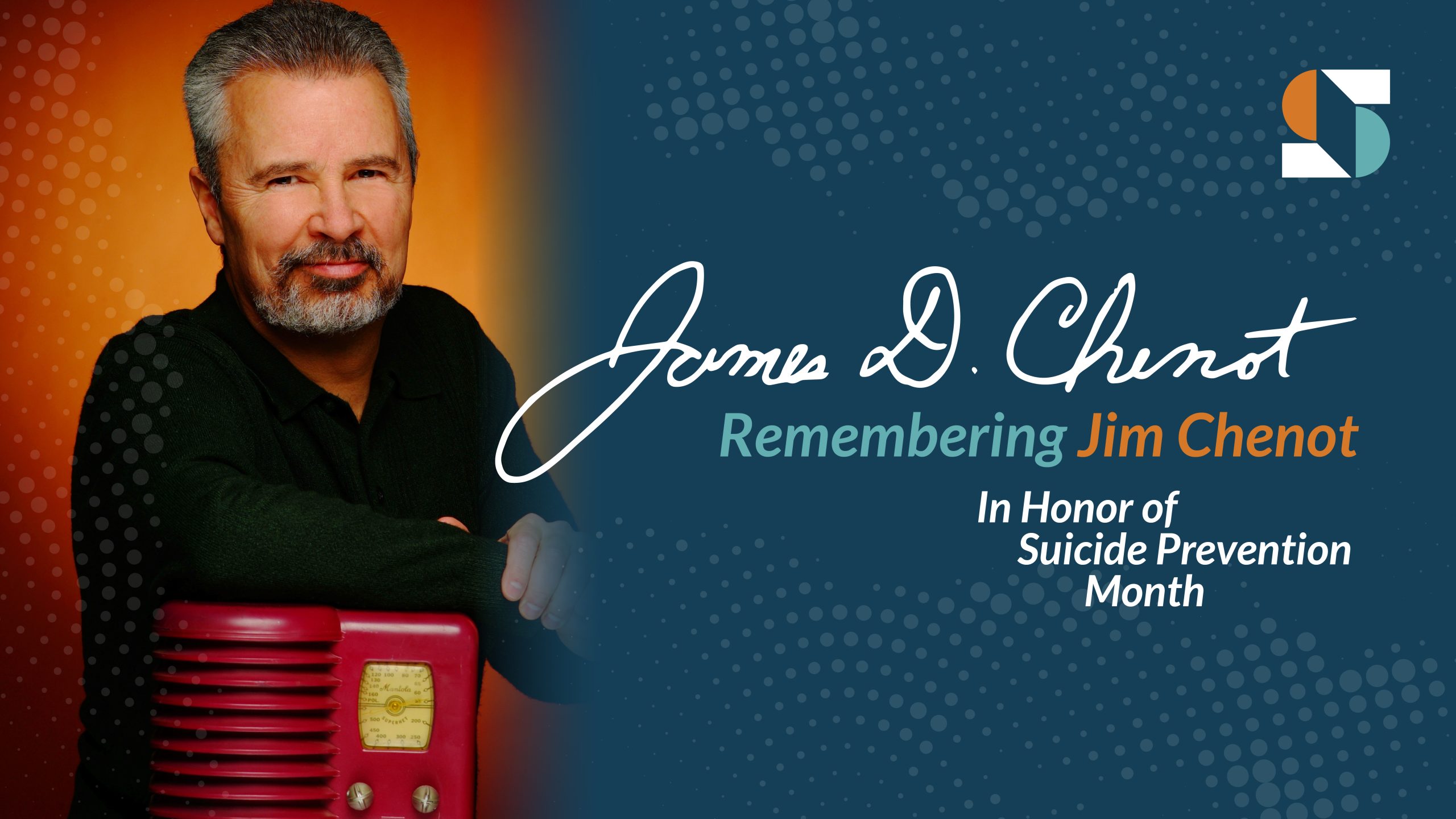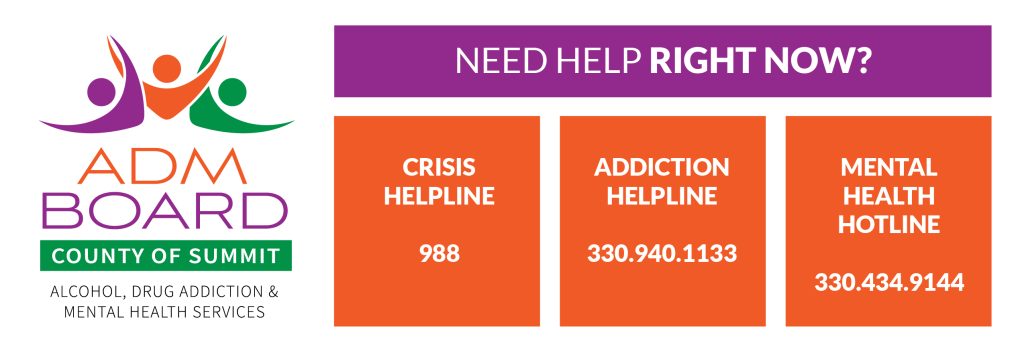Remembering Jim Chenot in Honor of Suicide Prevention Month

Jim Chenot, our departed colleague and friend, lived each day with a unique ability to find joy in the ordinary and humor in challenging situations. His approach to life serves as an inspiration to us all:
- Noticing bright spots in everyday moments
- Using his passion for the past to fuel discovery of the new
- Finding silver linings and humor in tense situations
- Appreciating what we have while pursuing new goals
Jim's immense love for The Beatles, Cleveland sports teams, and local music exemplified his belief in cherishing the present while striving for the future.
Honoring Jim's Memory
We celebrate Jim's legacy throughout the year with various on-air programing, including:
- "The Beatles Break" segments
- "Front Row Center" segments
- Suicide Prevention public service announcements
Through these tributes, we keep alive Jim's singular way of acknowledging the positive around us and its vital contribution to our well-being.
Warning Signs and Suicide Prevention: Ask, Listen, Refer
Suicide is a pressing public health crisis in the U.S., with devastating effects on individuals, families, and entire communities. The numbers are staggering—according to the CDC, more than 48,000 lives were lost to suicide in 2021 alone, making it the 11th leading cause of death nationwide. What’s more concerning is the nearly 30% rise in suicide rates over the past two decades, with young adults (ages 15-24) and middle-aged individuals (ages 45-64) being particularly vulnerable.
Recognizing the warning signs of suicide is a critical first step in preventing tragedy. Some of the most common signs include:
- Expressing feelings of hopelessness or being trapped
- Withdrawing from friends, family, or usual activities
- Extreme mood swings or increased irritability
- Talking about wanting to die, self-harm, or feeling like a burden
- Escalating substance use, which may serve as a coping mechanism
What Can You Do To Help?
Introducing the "Ask, Listen, Refer" method—an evidence-based approach used by mental health professionals across the U.S. This simple yet powerful framework equips everyday people with the tools to intervene:
- Ask: If you notice someone in distress, don’t be afraid to ask them directly if they’re contemplating suicide or self-harm. Contrary to popular belief, this won’t "put the idea in their head." In fact, your concern could open a critical dialogue and may even save their life.
- Listen: Listen to their feelings and fears without offering solutions or passing judgment. A compassionate, non-judgmental ear can offer immense relief to someone who feels isolated in their struggle.
- Refer: Guide them toward professional help. This could be a mental health counselor, a trusted therapist, or a resource like the 988 Suicide and Crisis Lifeline. In urgent situations, don’t hesitate to contact emergency services.
By employing the "Ask, Listen, Refer" approach, you can play a direct role in suicide prevention. If you or someone you know is at immediate risk, don’t wait—call emergency services or reach out to the 988 hotline for immediate help.
In addition to these preventive measures, music plays a significant role in supporting mental health. Numerous studies show that music, whether through listening, creating, or performing, can reduce stress, elevate mood, and foster deep emotional connections. Programs like Summit Wellness integrate music into their mental health initiatives, creating safe spaces for emotional expression and community support, especially for those grappling with mental health challenges.
By staying alert to the warning signs, using the "Ask, Listen, Refer" strategy, and embracing the healing power of music, we can work together to prevent suicide and promote lasting emotional well-being.







